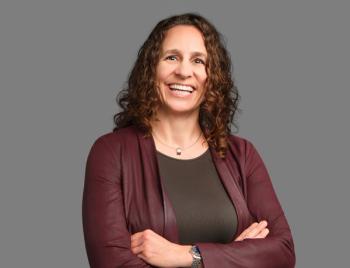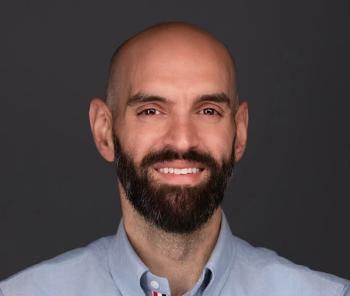
The Clinical Divide: Leveraging AI Technologies to Improve Efficiency in Healthcare
How can physicians leverage AI technologies to enhance their workflows and the patient experience?
A Canadian software company has recently developed and deployed an application that uses artificial intelligence (AI) and cloud-based technologies to help clinicians make and confirm their clinical diagnosis when it comes to cardiac auscultation.
Health technologies like this one have great potential to improve efficiency, accuracy and outcomes in medicine. So what can we as physicians and healthcare executives do to leverage these types of technologies to enhance our workflows and the patient experience, while at the same time providing high quality care?
Welcome to The Clinical Divide. I’m Dr. Kevin Campbell. I’m a Duke-trained cardiologist and chief innovation officer of the health data startup PaceMate and its parent company, biocynetic. Every week, this Inside Digital Health™ video series examines healthcare technology and medicine’s top news. I bring you the views that help physicians and healthcare executives bridge the clinical divide.
The eMurmur ID system is a technology that can analyze and classify human heart sounds and acoustic abnormalities such as heart murmurs. The technology relies on sounds that are recorded using a third-party electronic stethoscope.
Recently, eMurmur has been granted FDA clearance for this application and as a medical device.
This is how it works: The physician or healthcare provider pairs a Bluetooth-capable stethoscope to a smartphone that is running the eMurmur ID application. They then perform an auscultation exam. The app takes the sound from the stethoscope and passes them to a series of algorithms that are applied on the cloud to the recording. The algorithms perform a signal analysis that results in a diagnosis that is provided quickly to the clinician.
As healthcare executives and physicians, we must continue to support the development of technology that can improve patient outcomes and improve our ability to expedite care. We must back clinical trials of these types of technologies and urge our health systems to implement them when proven safe and effective. Most importantly, we must educate ourselves and our colleagues on the potential of AI in medicine and how this technology can complement, but not replace, the role of the physician in healthcare.
It’s up to us to speak up about the way technologies like this can make our work easier and make our patients’ lives better.
Thank you for joining me for this episode of The Clinical Divide. Until next week, I’m Dr. Kevin Campbell, for Inside Digital Health™.
Navigate the digital transformation with confidence.
More Episodes of The Clinical Divide:






















































































